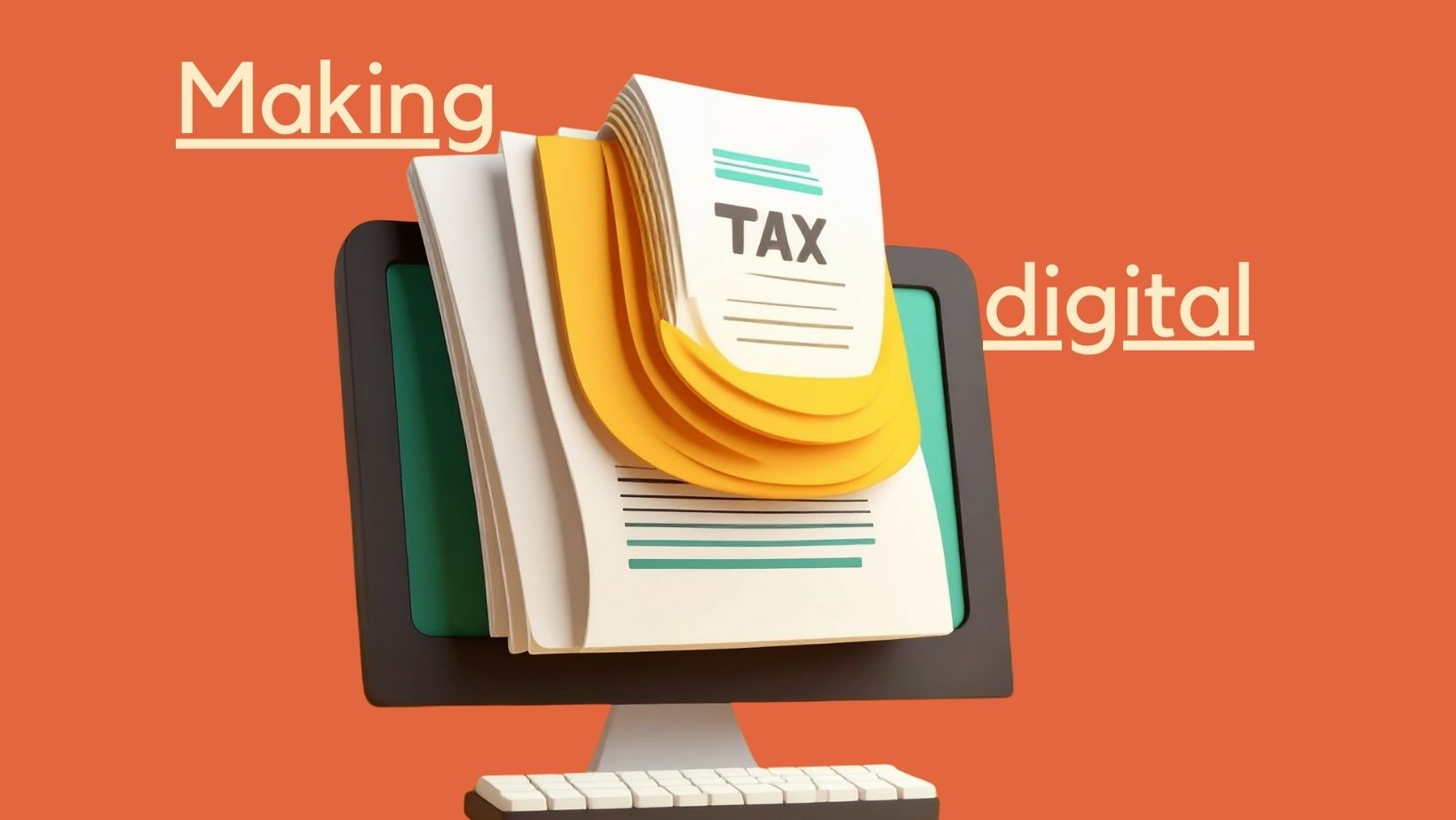When it comes to VAT, even the biggest brands aren’t immune from scrutiny. Marks & Spencer (M&S) is currently at the centre of a legal battle with HMRC over the classification – and therefore the VAT treatment – of one of its food items: a strawberry sandwich.
It might sound trivial, but the implications reach far beyond the high street and into the accounting practices of small businesses and contractors across the UK.
So why exactly is HMRC taking M&S to court? And what can you, as a business owner/director, learn from it?
What’s the dispute?
The case revolves around whether M&S’s strawberry and cream sandwich should be zero-rated for VAT, like most cold takeaway food, or standard-rated because it’s considered a “confectionery” or “sweet treat”.
M&S argue that the sandwich is a typical lunchtime item, sold chilled and eaten cold – which would usually mean it’s zero-rated for VAT. HMRC, on the other hand, claim the product is more like a dessert or snack, and therefore should be subject to 20% VAT. The decision rests on how the item is classified within HMRC’s complex and often subjective rules.
This isn’t the first time HMRC has found itself at the centre of a VAT classification controversy. You may remember the infamous Jaffa Cake debate: are they cakes (zero-rated) or biscuits (standard-rated)? McVitie’s took HMRC to tribunal to prove that Jaffa Cakes are, in fact, cakes – and won. The decision boiled down to technicalities like how the product hardens when stale (like a cake) and its texture.
These cases might seem humorous on the surface, but they highlight just how nuanced VAT can be – and why it’s so important to get it right.
Why it matters to small businesses
You might not be selling strawberry sandwiches, but the underlying issue is relevant to any business dealing with VAT on goods or services. Classification errors can lead to:
- Underpayment of VAT (leading to backdated payments, penalties and interest)
- Overpayment of VAT (reducing your profitability unnecessarily)
- Increased risk of investigation or audit from HMRC
For small businesses and contractors, this is a reminder that VAT rules aren’t always black and white, and even innocent mistakes can be costly.
What you should do
Here are some key takeaways to help you stay on the right side of VAT regulations:
1. Know your VAT categories
VAT isn’t just about charging 20% on everything. Some items are zero-rated, some reduced-rate (5%), and others exempt altogether. Misclassifying goods or services can mean incorrect returns. Take the time to understand which VAT category your offerings fall into, especially if you’re in food, hospitality, or retail.
2. Be diligent with expense tracking
VAT isn’t only about what you charge, it’s also about what you reclaim. Make sure you’re recording vatable expenses correctly, including the correct VAT amount on invoices and receipts. A mismatched or misrecorded entry could lead to problems in the event of a VAT inspection.
3. Keep proper documentation
Whether it’s a restaurant bill, subcontractor invoice, or delivery charge, always keep the paperwork. HMRC will expect you to have a clear audit trail to back up any input VAT claims.
4. Use accounting software wisely
Modern cloud-based software often comes with VAT categorisation tools built in. But these tools still rely on you applying the correct settings. If you’re unsure, seek advice before assigning VAT codes to items or expenses.
5. Get expert advice when in doubt
If M&S and McVitie’s need legal teams to argue over VAT, it’s fair to say it can be a minefield. Don’t assume you’re too small to be affected. A quick review with your accountant could prevent a big issue later.
In summary
The HMRC vs. M&S strawberry sandwich case is more than just a quirky courtroom headline. It’s a real-world example of how complex VAT classification can be, and how easily even experienced businesses can get caught out. As a small business or contractor, the best thing you can do is stay informed, stay organised, and when in doubt, ask for help.
VAT may not be the most exciting part of running a business, but getting it wrong can cause far more stress than it’s worth.





